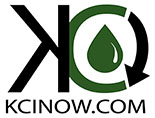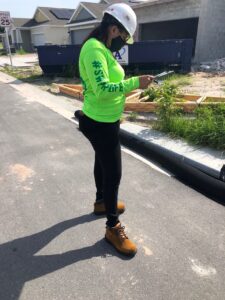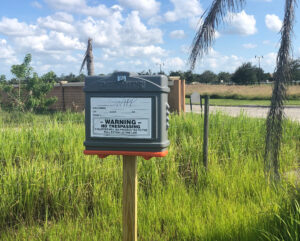
Perhaps the biggest question in the environmental sector right now is: how, has COVID-19 affected enforcement? The EPA offered a Temporary Enforcement Policy in June 2020, which expired as of August 31, 2020. Even with the temporary policy, regulated entities were “expected to make every effort to comply with all applicable requirements.”
And it’s true: we are still seeing routine enforcement through the city, state, county, and federal enforcement entities. Because of this, it is vital to stay in compliance with your stormwater permit. That said, because of COVID-19, it may not be possible to stick with your usual system for managing your stormwater program. It is important to adopt a system that protects the integrity of your documentation as well as the health of the personnel handling it. The bulk of the paperwork involved with staying compliant with your NPDES Stormwater program permit is updating your Stormwater Pollution Prevention Plan (SWPPP), Best Management Practices (BMP) map, and inspection paperwork. Normally, SWPPPs should be updated during routine inspections. If it is possible to safely access your SWPPP, try to designate only one person to add updates. If the SWPPP is only updated by one person once a week, the risk of spreading germs is reduced. Keeping your SWPPP in a permit box on site further minimizes contact than if it were stored in a busy office space.
Another option is to digitize as much as possible to avoid having to physically update the SWPPP book. Can you sign inspection reports online? What documents can you update digitally have easily available as needed? You may also add a sheet to your SWPPP that says digitized information will be made available by request. It is critical to stay on top of your paperwork during this time. Some projects may last years after the pandemic, and you do not want a year-long gap of information that may be impossible to add at a later time. In fact, SWPPP records can even be requested up to three years after a project is stabilized (Section 4.4.3).
This all goes to say that proper documentation and thorough field inspections must continue to remain high priority. If a field inspection is missed due to COVID-19 it should be documented, and a plan should be put in place to prevent recurring missed inspections. COVID-19 will not be accepted as a valid excuse for non-compliance.
KCI is dedicated to offering safe and reliable service to our clients during the pandemic. Our inspectors are trained to follow OSHA recommended COVID-19 guidelines when on your site and at our offices. We have updated our documentation and inspection procedures to keep clients in compliance while maintaining the quality of our services. Stormwater regulations are tough enough—don’t let COVID make it impossible. Give us a call so we can lend you a (gloved) hand – 888.346.7779.





